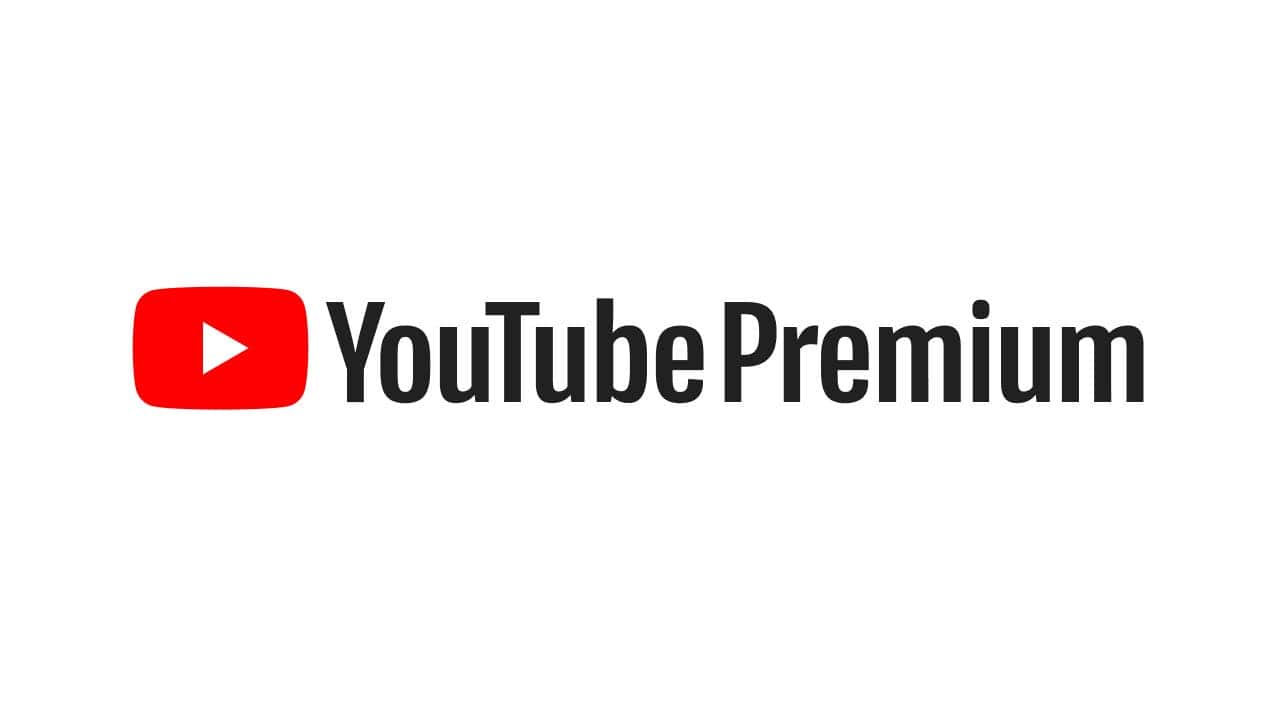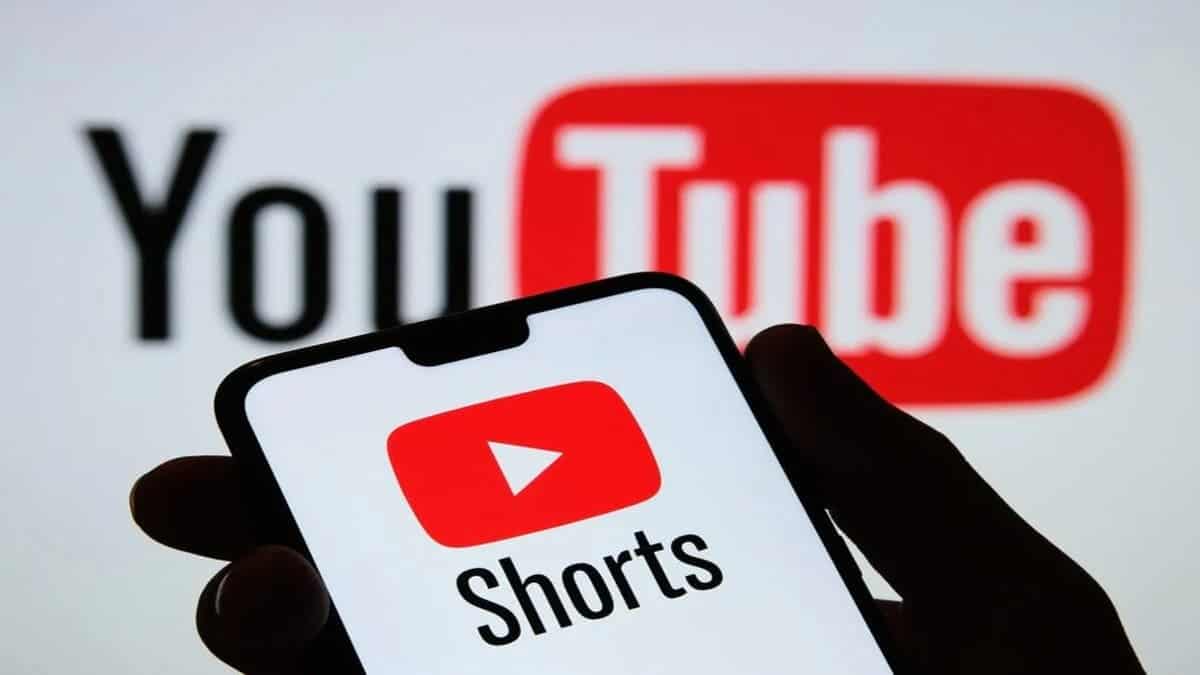[ad_1]
YouTube has been taking measures to combat the use of ad blockers on its platform. This has led to a cat-and-mouse game between the platform and users who seek to bypass the ads. Several methods have been employed by users to block ads on YouTube, ranging from browser extensions to custom scripts. However, YouTube has been actively working to prevent these ad-blocking methods, leading to a constant struggle between the two parties.

Over the past few months, the platform has made it very clear that it does not want users to use them. The platform will now warn users that ad blockers violate the company’s terms of service. YouTube says that users who want an ad-free experience can purchase a YouTube Premium subscription.
Ad Blocker Countermeasures
YouTube has implemented various measures to counter ad blockers, including the display of pop-ups and messages to users who have ad blockers enabled. These messages often prompt users to disable their ad blockers or subscribe to YouTube Premium for an ad-free experience. Additionally, YouTube has been updating its anti-ad-blocking scripts, making it challenging for ad blockers to effectively bypass the platform’s advertisements.
Android Police reported that another way YouTube prevents users from enabling ad blockers is by slowing down the platform. Last November, YouTube admitted to intentionally slowing down loading times for users who continued to use ad blockers. Now, it seems a new wave of slowdowns is hitting users who still refuse to give up their ad blockers.
According to multiple posts on Reddit, users using ad-blocking software are commonly experiencing stuttering and slow loading issues on YouTube, with videos taking up to 5 minutes to load. Moreover, even if you purchase a Premium membership, as long as the ad blocker is enabled, watching YouTube videos will be laggy.
YouTube Ads Alternative
1. YouTube Premium
While there are various methods to block ads on YouTube, the easiest way to enjoy an ad-free experience is by subscribing to YouTube Premium. This not only supports the platform but also provides users with additional benefits such as offline viewing and background play. Here are some key points about YouTube Premium:
- Cost: YouTube Premium costs $13.99 per month or $119.99 per year. There is also a family plan available for $22.99 per month, which allows up to six users to share the ad-free experience.
- Ad-Free Experience: YouTube Premium is the only way to remove all ads from YouTube videos on all platforms. Other ad-free YouTube apps like NewPipe, SkyTube, and LibreTube are alternative options, but they may not provide the same comprehensive ad-free experience as YouTube Premium.
- Additional Features: YouTube Premium subscribers also enjoy other benefits, such as offline viewing and background play. These features enhance the user experience and make the subscription more attractive.
- Global Availability: YouTube Premium is available in various countries, but prices may vary. For example, in countries like Argentina, India, and Turkey, YouTube Premium costs less than $2 per month. Users can also try subscribing to YouTube Premium from a country with lower rates by using a VPN to change their location.
2. Skip Ads
Another way to deal with ads is just to skip them. The majority of YouTube ads 5 seconds. However, some are 10s or 15s. Users can skip most ads after the first 5s even if the ad is 30s long. So, skipping the ads is one sure way of dealing with YouTube ads

Gizchina News of the week
Pros and Cons of Ad Blockers on YouTube
Ad blockers are software or browser extensions that hide online ads by checking web page elements against massive blocklists and stopping ads from loading. While ad blockers have become increasingly popular as a way to improve the browsing experience and protect user privacy, there are both pros and cons to using ad blockers on YouTube.
Pros of Ad Blockers on YouTube
1. Removes distracting ads: Ad blockers make YouTube videos easier to watch and less cluttered, improving the overall viewing experience.
2. Enhanced privacy: Ad blockers can prevent trackers and malware sites from accessing user data, improving privacy and security.
3. Customizable settings: Some ad blockers allow users to customize their ad-blocking preferences and filters according to their needs.
Cons of Ad Blockers on YouTube
1. Interference with content creators: Ad blockers can interfere with the revenue streams of content creators on YouTube, potentially causing issues for companies that rely on advertising revenue. These content creators rely on ad revenue to support their channels. Thus, it would be unfair to systematically cut off their source of income after all the hard work in producing the content.
2. Super Slow Loading: To combat ad blocker users, YouTube now slows down the loading time of users with active ad-blocking software
3. Limited effectiveness: Some advertisement-blocking tools may not block all types of ads or may be less effective against new advertising techniques.
4. Corporate interests: Paid ad blockers may be influenced by corporate interests, which could compromise their quality or integrity.
5. Potential legal issues: Ad blockers can block ads on YouTube videos, which may lead to legal disputes.

Final Words
YouTube’s efforts to crack down on ad blockers have led to a constant battle between the platform and its users. The company is now using methods like slowing down the loading times of users with active ad blockers. Thus, if your YouTube loading is laggy, you may want to check if an ad blocker is active. While there are several methods to block ads on YouTube, it’s important to consider the impact of these actions on the platform’s sustainability. Subscribing to YouTube Premium remains the most straightforward way to enjoy an ad-free experience while supporting the content creators.
YouTube’s efforts to prevent the use of ad blockers have raised potential ethical implications, particularly in the context of privacy, user consent, and the impact on content creators. In Europe, there are concerns that YouTube’s ad blocker detection system may violate privacy laws, specifically the EU’s ePrivacy Directive, and the fundamental right to privacy under the Universal Declaration of Human Rights. Some argue that the use of ad blockers is a moral obligation, as it can lead to a systemic shift away from the attention economy and create better informational environments.
However, others emphasize the potential economic harm to content creators and the responsibility of site owners to display non-dangerous ads, raising questions about the ethical implications of using ad blockers. The debate surrounding the ethics of ad blocking is multifaceted, involving considerations of privacy, user experience, and the economic impact on content providers.
Author Bio
Efe Udin is a seasoned tech writer with over seven years of experience. He covers a wide range of topics in the tech industry from industry politics to mobile phone performance. From mobile phones to tablets, Efe has also kept a keen eye on the latest advancements and trends. He provides insightful analysis and reviews to inform and educate readers. Efe is very passionate about tech and covers interesting stories as well as offers solutions where possible.
[ad_2]
Source link

Leave a Reply